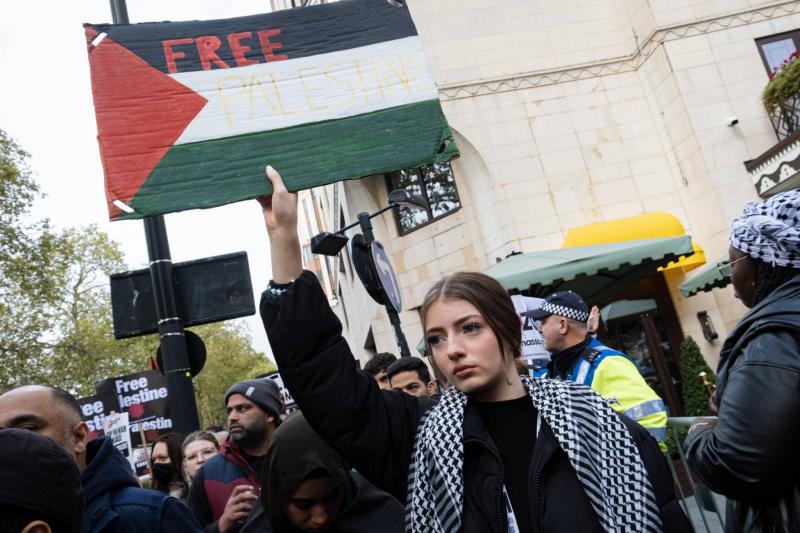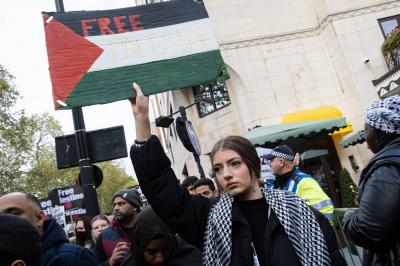In the early sixties, Polish correspondent Ryszard Kapuściński arrived in Congo. He had been preceded there by the more famous Polish literary figure, Joseph Conrad, who wrote his masterpiece "Heart of Darkness." The former was a reporter for a sparse official news agency, traveling in the recently independent jungles of Africa. Conrad was a ship captain who navigated the Congo River that cuts through the dense, terrifying jungles like a sword.
After the civil war that devastated the country, the Congo lost the little that colonialism had left of road and telephone networks. A country the size of a continent, it lacked a transportation system: "Thus, you see wandering human crowds waiting for a car or truck to take them anywhere, either in search of work or relatives, or in any direction. There are people who have been on the roads for weeks or months. They have no maps. But even if they found one, they would likely not find the name of the village or town they want to go to. They are going or returning to places they do not know exactly. Most of them carry everything they own on their heads. Their hands must always remain free to maintain balance, to swat the flies and mosquitoes, or to wipe the sweat from their faces."
This dramatic scene from Africa in 1960 is repeated before you every day in Gaza. Families carry their belongings on their heads going anywhere or returning from wherever. The difference, of course, is the bombers, rockets, and artillery that pursue the displaced people of Gaza.
In "Heart of Darkness," Conrad wanted to convey that the "savages" and the "civilized" are the same. Kapuściński, traveling in the twentieth century, wanted to prove that the "savage" is the one who pretends to be and claims civilization. Francis Ford Coppola transformed "Heart of Darkness" into the film "Apocalypse Now," which depicted the human condition in a much more expressive dramatic portrayal than Conrad’s narrative.
Conrad played a significant role in inspiring the Palestinian cause, sparking differing views among two of the most famous Arab Americans: Edward Said and Fouad Ajami. Their literary disagreement was beautiful, akin to the classics. However, it did not harm the cause itself as much as it did the men’s factions in the Arab world. Instead of using the elevated language employed by both university professors, supporters and opponents sullied the nobility of the discourse with the familiar wares of insults and thoughts, diminishing their value through repetition.




